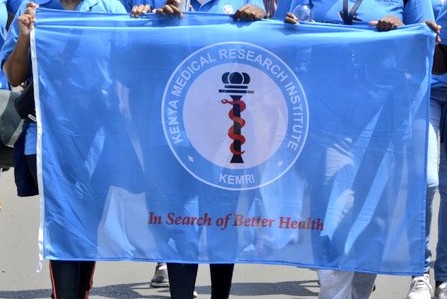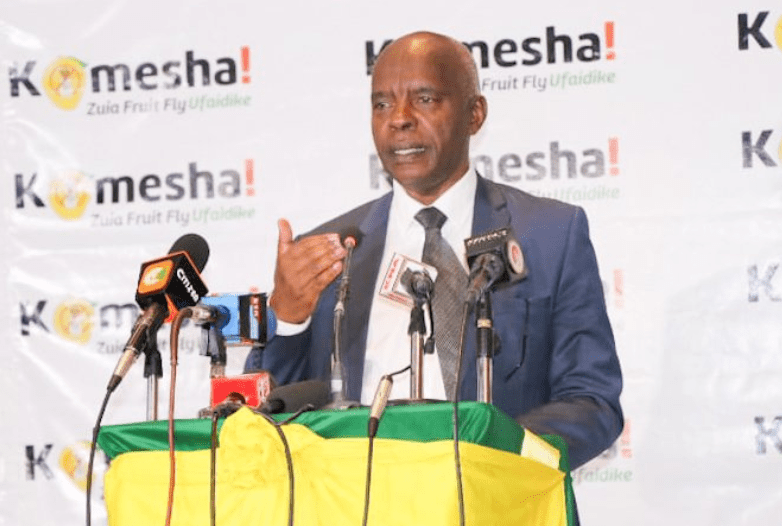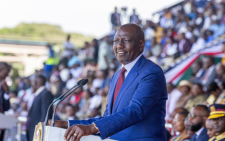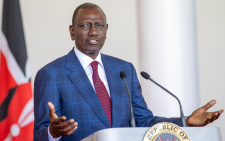KEMRI faces shutdown with no cash for medical research

The Kenya Medical Research Institute (KEMRI) faces a potential shutdown after the government failed to allocate any funding for medical research in the 2025/2026 financial year, threatening nearly 1,000 jobs and Kenya’s critical health research capacity.
Speaking at the KEMRI Kilifi Centre, acting Director-General Prof Elijah Sonkok and board chairperson Dr Abdulahi Ali warned that the funding crisis could trigger mass layoffs.
The government allocated only Sh2.7 billion for salaries and recurrent expenditures, with nothing earmarked for research activities.
“The zero allocation puts Kenya’s disease surveillance, vaccine development, diagnostics, and pandemic response efforts in jeopardy,” Ali said.
Reliance on donors
KEMRI’s survival depends heavily on foreign donors, creating vulnerability when support is withdrawn.
Ali explained the precarious funding situation: “We get most of our money from donors. The government used to give us a little support for junior researchers, but even that has dried up.
“Of our 4,000 staff, the government only pays for 850. The rest depend entirely on project-based funding.”
Sonkok stressed the security risks of this dependency: “Eighty per cent of our funding comes from external sources. When the US withdrew its support recently, we were left struggling.
“We’ve been pleading with the UK High Commissioner not to follow suit. If donor support dries up, institutions like KEMRI will collapse.”
Research suspended
The funding shortfall has already forced KEMRI to suspend key research projects and clinical trials.
Sonkok highlighted missed opportunities in cancer research: “There is no funding for cancer research, for instance, because it is not within the priority areas of most of our donors. We have potential cancer treatments based on traditional medicine, but we can’t proceed with trials. We need Kenyan support for such homegrown solutions.”
Proposed solution
To address the crisis, KEMRI is lobbying for an amendment to the Social Health Authority (SHA) Act that would allocate 0.2 per cent of SHA’s annual Ksh7 billion collection to medical research.
“We only need less than one per cent of SHA funds. Combined with donor contributions, we could develop sustainable solutions for the country. We’re calling on Kenyans to support us and back the amendment,” Sonkok said.
KEMRI’s critical role
The institute operates 15 centres nationwide, including facilities in Mandera, Kisumu, Siaya, Eldoret, Kirinyaga, Mombasa, Kwale, and Nairobi. The Kilifi centre alone contributes 40 per cent of KEMRI’s research output and proved essential during the COVID-19 pandemic.
“When the pandemic hit, it was KEMRI that first identified the virus in the country. We quickly developed diagnostic tools and therapeutics that were essential in the national response,” Sonkok said.
Health emergency warning
The officials stressed that underfunding KEMRI threatens Kenya’s entire health system.
Despite the grim outlook, the institute continues lobbying for inclusion in the 2026/2027 budget while exploring partnerships to maintain operations.
Sonkok issued a stark warning about the consequences: “KEMRI has many potential solutions lying idle.
Without funding, they remain unused. This is not just a KEMRI crisis. It’s a national health emergency in the making.”











